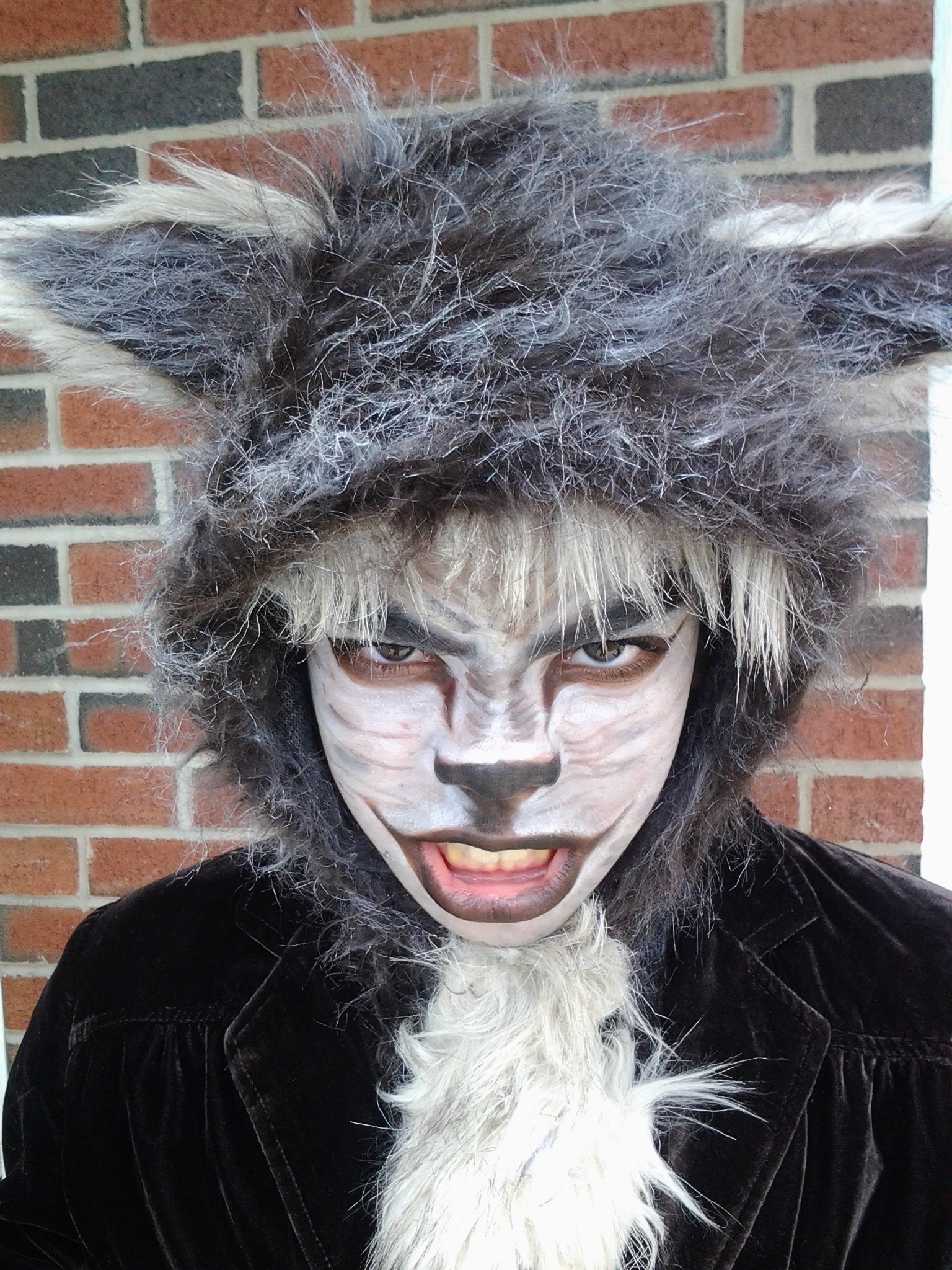CONTINUING SERIES ON LGBT ISSUES
Hélène Rainville
To bring awareness to our campus community, a regular series will appear with anecdotes to highlight how we humans can learn about equality, non-discrimination and tolerance. The focus is meant to bring us all together whether you are faculty, staff or student, so that we can make FSU a place where we can all get along.
Let us begin with how the LGBT community was treated in the last decades. For those of us who can remember back in the last century, just the acronym LGBT did not exist in common language. You might hear how there were gays and lesbians, maybe some bisexuals but never anything about a transgender person. Most gay people were not “out of the closet”. Many of them were married to the opposite sex and had children. They did this so that they could survive socially and economically.
If you were suspected of being gay, you would be ridiculed and ostracized by co-workers, church members and family. Even if you were not gay but you had some “gay” mannerisms, you might suffer from those who opposed gays or were fearful of gays. It took the bravest of the gays and lesbians to flamboyantly parade and advocate before anyone ever took notice of their grievances. The main objective was acceptance. The next goal was equality and tolerance.
A suspected gay student in my high school was popular but not in the way you would think. He figure skated and that made him a target of ridicule because most guys who skate played hockey. Then, he would always hang around with the girls. I knew he was unhappy but I never witnessed any outright violence towards him at school. Whether he was having problems at school or at home, it became clear that he could not stay in our small town environment. He left school before graduation and move to a big city where he felt more accepted.
To this day, I think of how he could not grow up like the rest of us and graduate with his friends. Maybe his parents kicked him out. Whatever happened, it cannot go on where a young person feels that he/she is less than he/she is because of something that makes them different. If you have a classmate who identifies as LGBT, I hope you will treat them the same as you would anyone else so that they can feel like they can stay in school. It’s called humanism.





Leave a Reply
You must be logged in to post a comment.